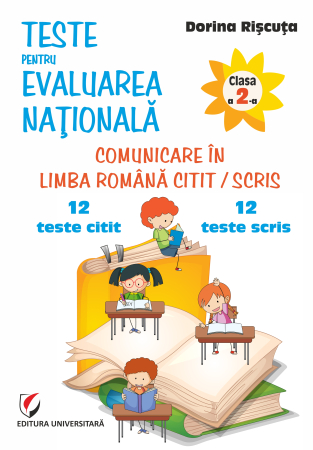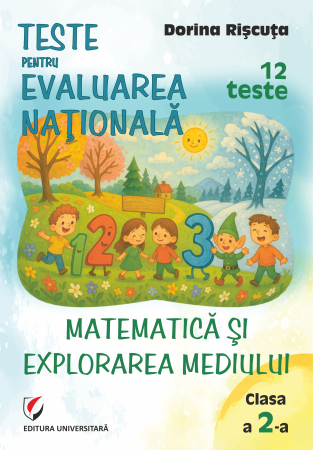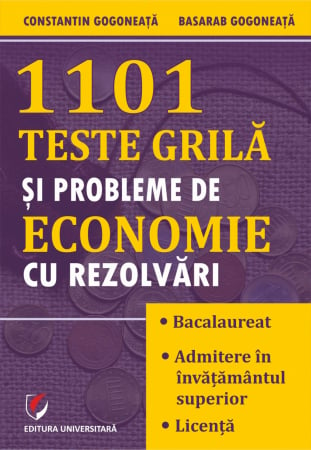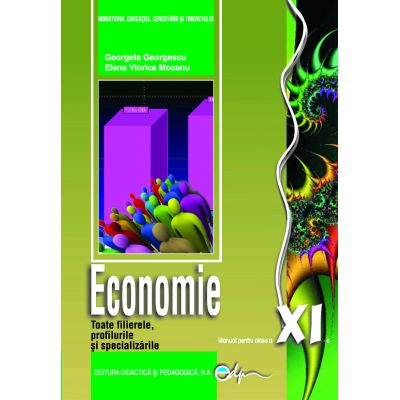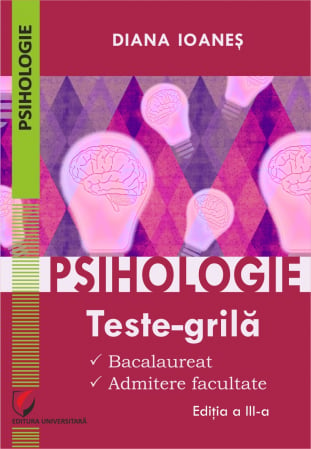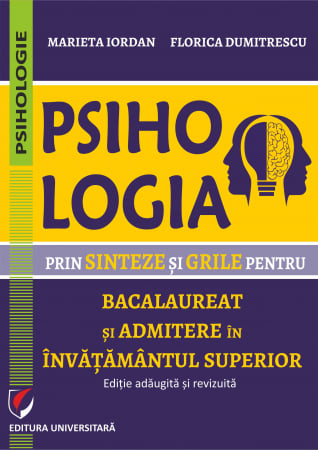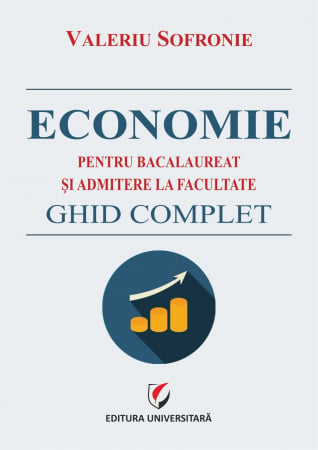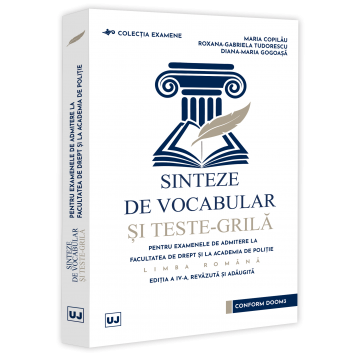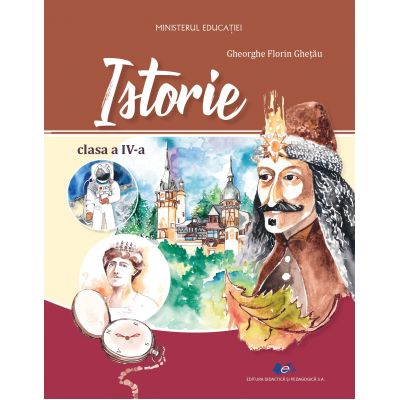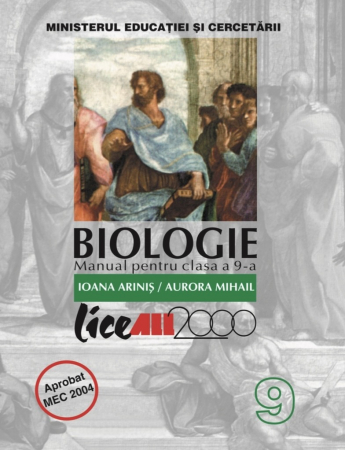ISBN: 978-606-591-335-6
DOI: 10.5682/9786065913356
Publisher year: 2012
Edition: I
Pages: 244
Publisher: Editura Universitară
Author: Maria Goga
- Description
- Download (1)
- Authors
- Reviews (0)
Chapter 1: This chapter started with professionalizing elements tutor on learning E-learning context (in which it operates), stakeholders, relevant educational paradigms, and a brief introduction to E-learning in Europe and Romania ;
Chapter 2: This chapter will outline the academic tutor identity, roles and its expertise in e-learning process and necessity of it in an organized learning. There will also be given training initiatives and professional development of teachers tutor role in European and Romanian.
Chapter 3: This chapter describes the dimensions (educational, psychosocial, managerial and technical) functions derived from the main tutor, who will constitute the basic pillars of a possible way of his academic training in E-learning, how developed in the literature specialty. Pedagogical dimension theories of learning will highlight the application in E-learning environment and design elements of a course in electronics. In the social dimension-piho are outlined ways to initiate and support effective communication and the role of virtual learning community members (tutor-student) in learning. Management elements of e-learning course management module size up and the technical dimensions are the main technologies with direct application in the educational process electronically.
Chapter 4: This chapter will address methodological aspects of research: research motivation, objectives, assumptions, sampling and instruments used in the study.
Chapter 5: Results from the study are presented in this chapter. These results are divided into two main categories, namely the introduction of a possible academic module consists of our subjective perspective on the role, skills and training module guardians and actual model comprising four dimensions mentioned above.
Chapter 6: This section interprets the results above. Conclusions reached from both quantitative research and the qualitative, will be the main source of a possible way to develop academic training in E-learning tutor.
Chapter 7: In this chapter are formulated conclusions and recommendations drawn from research carried out. Key findings will lead to presentation of a set of suggestions and recommendations and propose a possible way of psycho-pedagogical training as a basis for a tutor training course tutors in the Romanian context.
* * *
Ms. Goga work is a work enjoying a well documented bibliography solid and the latest information we make available a comprehensive array of concerns, the successes, failures, the solutions and ideas already accepted but controversial academic tutor activity in E-learning system. We find a diversity of ideas associated with modern teaching technology without information at E-learning system can not function. Tutor training and professionalization of the Romanian educational space are integrated into a possible way of his academic training (tutor), which brings the four dimensions: pedagogical, psycho-social, managerial and technical. A careful analysis of psycho-pedagogical training module of the proposed guardian reveal that the author shows not only a knowledge of the realities of legislative, administrative and decision-making in Romania but also a holistic, integrated on the topic. The pioneering work in this area will open, certainly, we track approach, and provide new practical solutions for e-learning.
Univ. Dr. Marin Manolescu,
Department of Psychology,
Bucharest
Following a thorough analysis of recent challenges to the teaching profession, the author asks the tutor can be considered a new hypostasis of the teaching profession? What roles meets the educational spaces called E-Learning, M-Learning, blended learning, distance learning or online learning? What skills should prove? ... The author makes a careful analysis of the situation in Romania on academic work in E-learning tutor from their perspective and situation analysis in several universities in our country and other countries in terms of tutor activity students engaged in learning mediated dedicated electronic platform. Mrs. Marie Goga paper we provide conceptual clarification carefully made, reporting learning theories and models of learning E-learning environment and numerous suggestions and recommendations on psycho-pedagogical activity of the tutor.
Prof. Steliana Dr. Thomas
Technical University of Construction,
Bucharest
Penetration of new communication and information technologies in education has led to rethinking and restructuring of education systems, implicit in the role of teachers. Developed as e-learning system, which, compared with traditional methods of transmission and provides knowledge management.
Thesis "Defining academic profile of the E-learning tutor" is to investigate this new type of learning, skills and roles that manages staff proposal to do this training module for this new profession. This work is of present and very useful in applying the Law of National Education, the significant role of tutor training young people are turning to a career in education.
Appreciate, in particular, the author's original contributions on the development of the four dimensions (educational, psychosocial, managerial and technical) on which the tutor training module.
Prof. PhD Anton Hadar,
Polytechnic University,
Bucharest
-
Definirea profilului academic al tutorului în E-learning
Download
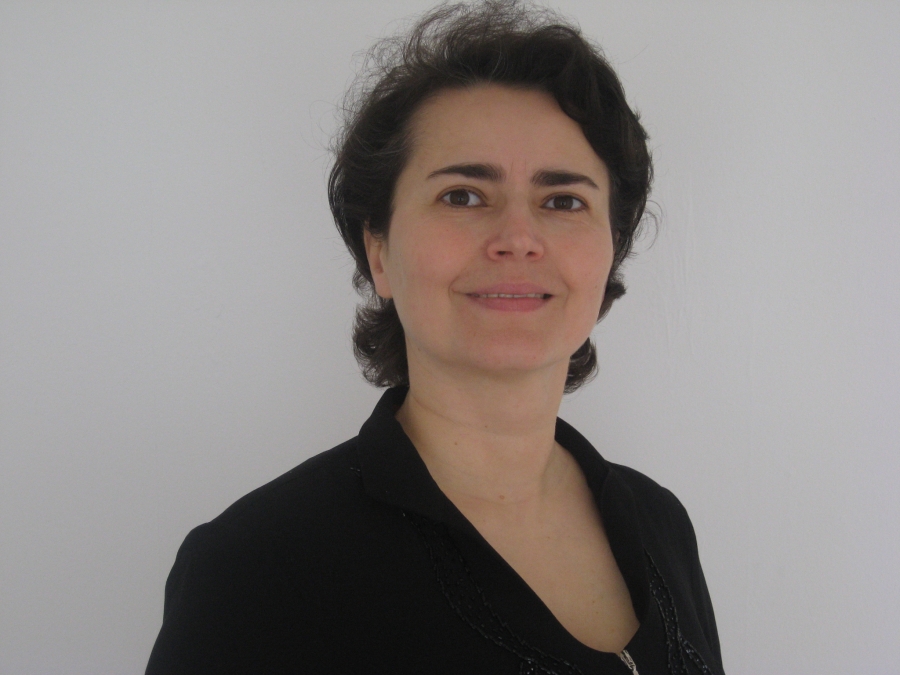
Maria Goga
Lecturer at the Department of Pedagogy, Teacher Training Department of the Technical University of Civil Engineering, Ph.D. in Science Education at the Faculty of Psychology and Educational Sciences, University of Bucharest in 2010 and a BA in music, graduated in Music , musical Pedagogy department of the University Transilvania Brasov.
Also graduated in science education, graduating the Faculty of Psychology and Educational Sciences, University of Bucharest.
She is the author of numerous articles on international and electronic music in the E-learning teaching and visiting professor in various universities in Africa (Valley View University - Ghana, Rusangu University - Zambia, Babcock University - Nigeria), helping to open various master programs in these universities.

6359.png)
![Defining academic profile of the E-learning tutor [1] Defining academic profile of the E-learning tutor [1]](https://gomagcdn.ro/domains/editurauniversitara.ro/files/product/large/definirea-profilului-academic-al-tutorului-n-e-learning-1754-176619.jpg)

